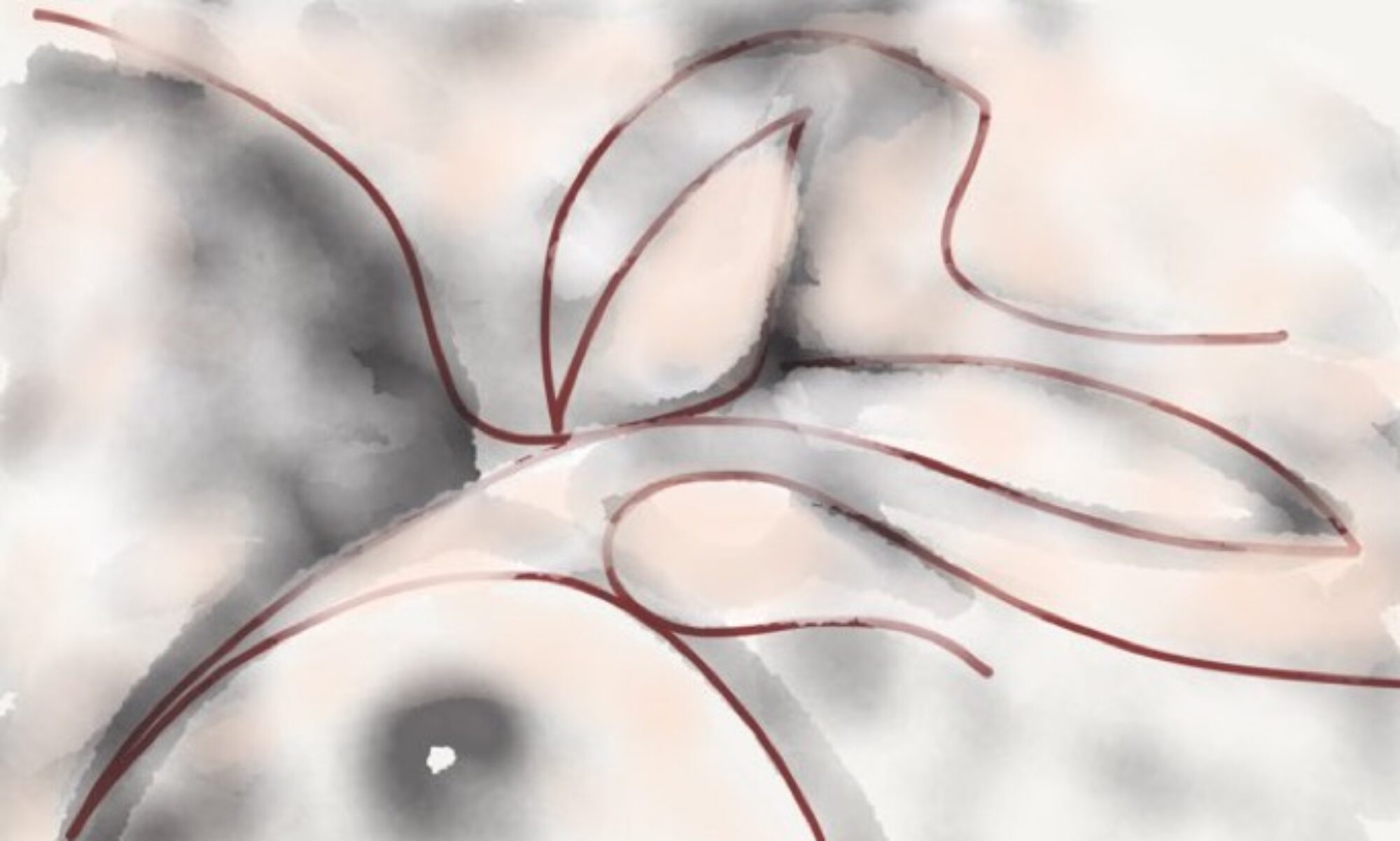i agree with part of what Indra (see quote from his blog http://www.drishtikona.com and ram guha’s book, below, which also appeared in Patna Times ) say about JP. He was in idealist, it does not matter if the movement he started was captured by self opiniated people like Morarji and lalu.
“””Ramachandra Guha, the writer of ‘India After Gandhi: The History of the World’s Largest Democracy’ has made some reference about JP. In the interview published in Outlook, May 7, 2007, he is quoted to say, ‘Mrs Gandhi had the instruments of state at her command and because she grossly abused them through the Emergency, she would be the greater culprit. But one can’t let JP off the hook either. One placed too much faith in the state, and the other placed too little faith in the state and in representative institutions. One said I am Parliament, I am India, the other said disband Parliament. I’ve tried to provide a psycho-social interpretation of why JP acted the way he did. I’ve talked about the fact that he was growing old, his wife had died, he wanted to recapture the youthful revolutionary impulses that he once had, he felt his mortality was in question and India had to be transformed before he went. I tried to understand why a man who abjured radical politics for 30 years to become a social worker, had become a street agitator. I also quote other mistakes. These are contemporary criticisms – I mention a man called RR Patil, an ICS officer, a friend of JP’s, who visits Bihar, studies the movement, and says, the genie is out of the bottle, and you can’t control it. You may have unleashed forces that will destroy institutions. There were other critics, like Acharya Ramamurthi, he talks about the RSS taking over the movement. JP was naïve, he was irresponsible, and of course Indira Gandhi over-reacted.’
M K Gandhi created a lot of leaders, many of whom of were as good as Nehru, if not better. After him, every body sawllowed leaders, nipped them in the bud. Mrs Gandhi for whom i have admiration when it comes to fight US influence in pre 1980 era( or respect Sscience and Technology leaders, one constituency she really adored), did not let any strong leader to survive even for a day. Her followers have carried on the tradition. JP after Gandhi was only leader who spawned a large number of leaders who immersed themselves in social protest discontinuing their education, in the case of many youth. Only other movement which has achived that, is naxalite movement and i admire them for their ability to be naive, if not romantic always. After all in 172 districts, indian state has been tamed by them, and how else one protests against internal colonialism?
I do not mind being naive. I think Guha errs when he considers naivette a crime and indolence( by implication), perhaps a lesser evil. He would perhaps suggest that if one does not have a proper strategy, one should not stir a finger. I will always support any one who stirs the pool, stagnating or stinking, even if he does not have capacity or vision to cleanse it completely. The stirrings at grassroots are what eventually create a tide, which sweeps the socities to a newer level of asiration, expectation.
I think Guha errs when he says Jp was irresponsible. I am surprised at his conclusion,because he has studied social and ecological movements, according to him, may i suggest that Charu mAjumdar will be a criminal.
what an irony, what a time we are living in. Let me recall a line of dinkar ( who is any way recalled by Indra, who i have never met but would like to meet after this):
“Pap ka bhagi nahin hai keval vyagh, jo tasatha hai, samaya likhega unka bhi apradh”
In 1992, Shri Joshi( ?)editor of Jan Satta had put these lines on the front page bottom full length, because lot of people kept quiet and claimed that the communal violence was an aberration, an exception, a reaction, as it happened in 1984.
No, Jp was wrong on many other accounts like all of us, but he was right in triggering the movement for total revolution. His failure lay in the fact that he did not anticipate that his kidneys will be damaged by the state and that many in whom he put trust, would go astray.
If one counts the number of magazines which came out after emergency( it is another issue, why have so many been closed down lately, particularly in Hindi), one would realize what kind of asiprational gin he had unleashed. The democracy will always remain indebted to him.
It is strange that lallu and many others have begun to defend emergency and consequent repression in our society.
I worked in UP in 1975-1977 and have known first hand what emergency was about. i did not succumb and feel quite happy about this small achievement. But then JP was romantic and i will any time prefer to be romantic rather than a patient strategist who will plot, plan, and prescribe but not indulge.
anil
anilgb@gmail.com
